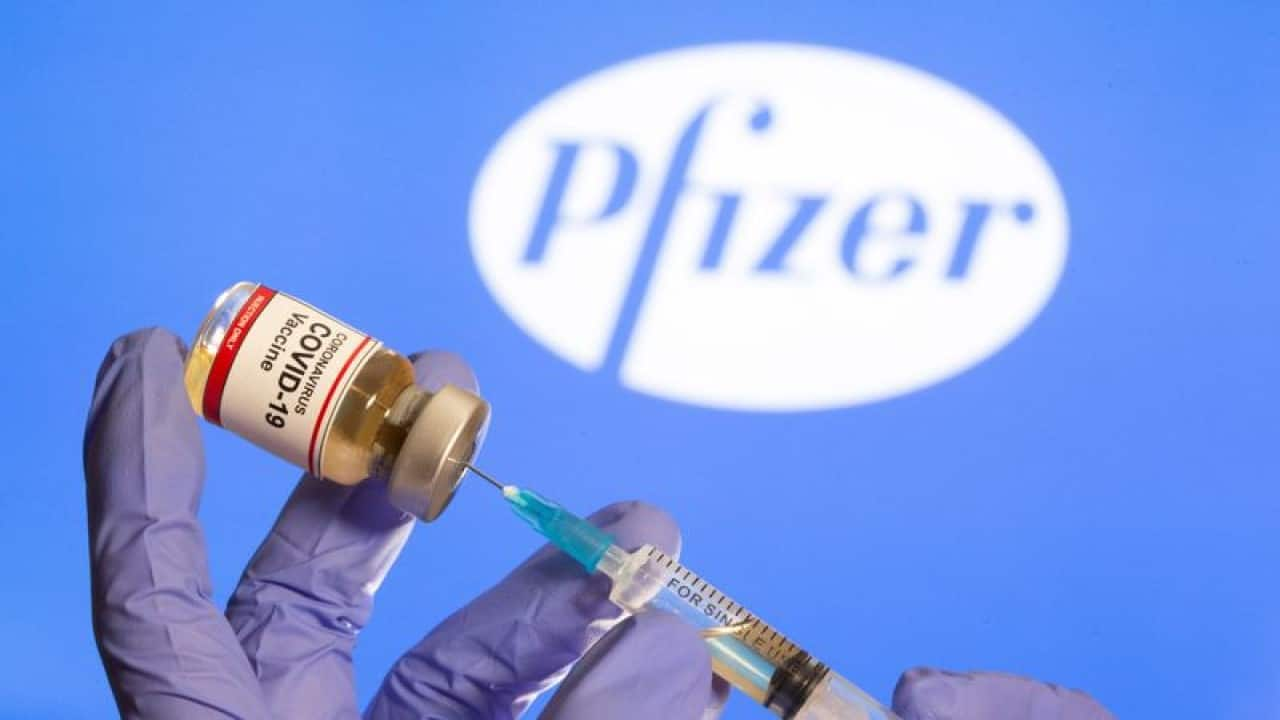The Centre for Science and Environment has claimed that several major Indian brands are adulterating honey with sugar syrup
The Central Consumer Protection Authority (CCPA) has sent notices to six companies for falsely claiming that their products are resistant to the novel coronavirus or SARS-CoV-2.
It has also directed the Food Safety and Standards Authority of India (FSSAI) to take appropriate action against adulteration of honey by certain brands.
The showcause notices have been sent to a liquid floor cleaner manufacturer, hand sanitiser manufacturer, silk dress company and a popular apparel company, The Times of India reported.
"Misleading claims can take consumers for a ride and particularly when there is so much of fear of COVID-19. We have taken this step to deter others from making any such claims without having evidence to substantiate them," an official told the paper.
Moneycontrol could not independently verify the report.
Notably, this is not the first time the authority has had to resort to keeping firms in check. These six notices come after two similar ones were earlier sent to a mattress manufacturer and a paint company.
It direction to the FSSAI comes after the Centre for Science and Environment (CSE) released a report last week claiming that several major Indian brands are adulterating honey with sugar syrup.
The companies, however, have refuted the claims, while the Consumer Affairs Ministry has expressed concern and asked the CCPA to look into the matter.
A statement from the CCPA said it had “referred the matter to the FSSAI in accordance with section 19(2) of the Consumer Protection Act 2019, after preliminary examination, to take appropriate action in the matter... and has offered to extend cooperation in investigation of the matter for taking class action as envisaged in section 10 of the Act”.
The CSE study found that samples from Apis Himalaya, Baidyanath, Dabur, Hitkari, Patanjali, and Zandu failed the NMR (Nuclear Magnetic Resonance) test, but Apis, Dabur, Emami (Zandu), and Patanjali have refuted the same.
--With inputs from PTI 











_2020091018165303jzv.jpg)


























